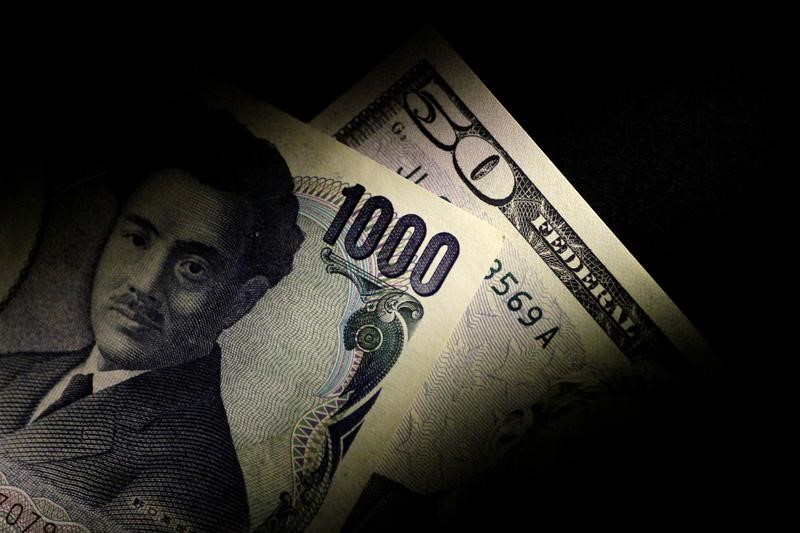Dollar Edges Lower, Yen on Rise After Abe Shooting
2022.07.08 10:25

By Peter Nurse
Investing.com – The U.S. dollar edged lower in early European trade Friday, with the safe-haven Japanese yen seeing strong demand in the wake of the shooting of former Japanese Prime Minister Shinzo Abe.
At 02:55 AM ET (0655 GMT), the Dollar Index, which tracks the greenback against a basket of six other currencies, traded 0.1% lower to 106.895, remaining close to a 20-year peak.
USD/JPY fell 0.3% to 135.63 as foreign exchange traders sought out the Japanese currency, a well-known risk-averse trade, following the news that Abe, Japan’s longest-serving prime minister, was shot on Friday while campaigning for a parliamentary election. Abe was reported to be in a grave condition.
Japan holds upper house elections on Sunday, and traders have been mulling the implications of a possible shift in policy support for the central bank although any market impact is likely to be temporary.
The yen has the second-biggest weighting in calculating the|dollar index, only behind the euro, and its strength has weighed on the index Friday. That said, the index’s losses are minor with the Federal Reserve aggressively tightening monetary policy, with the minutes from the central bank’s latest meeting pointing to further hikes ahead.
“Concerns about downside risks to growth featured very little [in the minutes] and the Fed’s risk management approach is clearly in favour of front-loaded tightening on the risk that inflation is more persistent than expected,” said analysts at ING, in a note.
Fed governors Christopher Waller and St. Louis Fed President James Bullard backed on Thursday the need for restrictive policy to bring down soaring prices but suggested that the U.S. can still avert a recession.
Attention will turn later in the session to the release of the latest monthly U.S. jobs report, which is expected to show the number of Americans in paid employment increasing modestly in June though not by as much as the number of jobs added in May.
EUR/USD traded flat at 1.0159, remaining near a two-decade low as investors worry that a Russian-induced energy crisis can tip the continent into recession.
European Central Bank head Christine Lagarde is scheduled to speak later in the session on the risks facing the global economy. This speech will be parsed carefully for clues of the thinking at the central bank given it is expected to lift interest rates later this month but growth appears to be slowing in the region.
“One striking feature of the re-pricing of global growth over recent weeks has been that the ECB tightening cycle has been re-priced lower more aggressively than that of the Fed,” ING added.
GBP/USD fell 0.2% to 1.2002, handing back some of Thursday’s gains after Prime Minister Boris Johnson resigned, ending uncertainty about his future. While this move could end the recent political paralysis, the country still faces the difficulties associated with rampant inflation, rising interest rates, and slowing growth.
USD/HUF fell 0.2% to 395.31, with the forint continuing to strengthen after the National Bank of Hungary on Thursday raised its key one-week deposit rate by 200 basis points to 9.75%, the highest in a decade.
USD/PLN traded largely flat at 4.7065 after Poland’s central bank raised interest rates on Thursday by 50 basis points, its 10th consecutive rate increase but still smaller than the 75 basis-point hike expected.
Policymakers in both Hungary and Poland are struggling with soaring inflation and slowing growth, but also the need to bolster their currencies to reduce price pressures.







